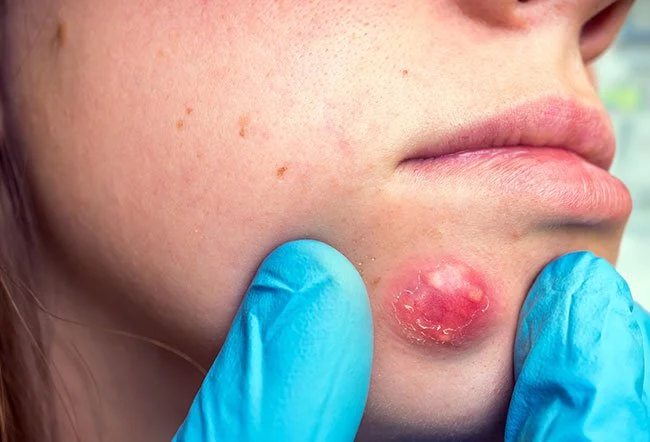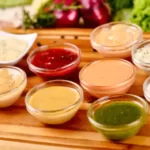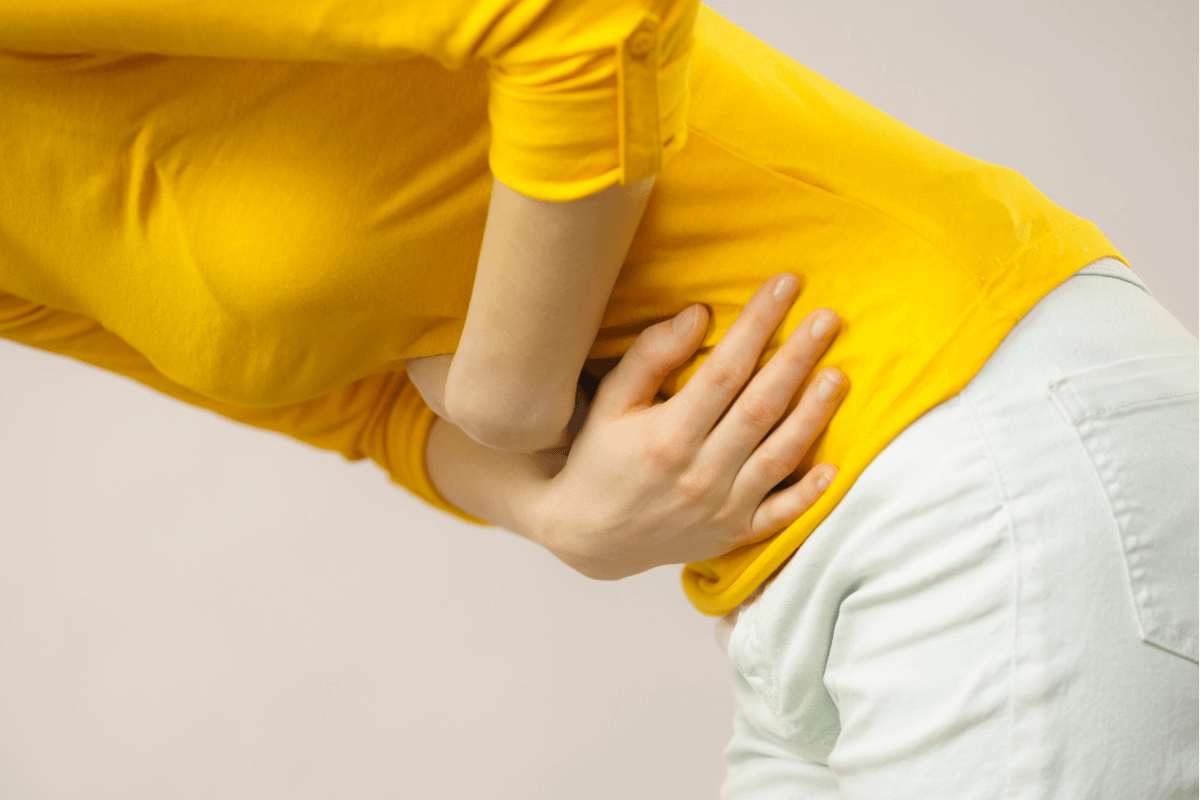Last updated on March 25th, 2024 at 02:17 pm
As soon as you notice a pus infection, or even before, it’s important to avoid certain foods that may worsen your symptoms.
Pus is an inflammatory response in the body, and certain foods have been shown to produce inflammation in the body – which will only exacerbate the issue at hand (in this case, your pus infection).
Avoid these 14 foods if you have a pus infection to start relieving your symptoms as soon as possible.
1. Pickled, Brined, or Marinated Foods
Unfortunately, any food that’s been pickled, brined, or marinated can be problematic to those with pus infections. Examples of these foods include:
- pickles
- olives
- sauerkraut
- kimchi
- tuna salad (pickle juice)
These kinds of food can grow bacteria in them, which can cause a bacterial infection in your gut called Clostridium difficile. The bacteria cause inflammation, food poisoning and this is what leads to the symptoms of the condition.
To prevent this from happening, you should steer clear of these types of food and make sure you eat enough probiotics (foods like yogurt and kefir).
2. Spicy/Highly Flavored/Ginger-Infused Foods
Certain foods can cause or worsen the symptoms of your pus infection. Ginger-infused foods, highly flavored foods, and spicy foods should be avoided.
These types of foods have been shown to irritate or worsen the symptoms of existing pus infection. It is best to avoid them until your infection has subsided.
If you have one of these foods by accident, it is advised only to eat small amounts and wait at least two hours before eating again.
3. Dairy, Curd, Milk, and Milk Products
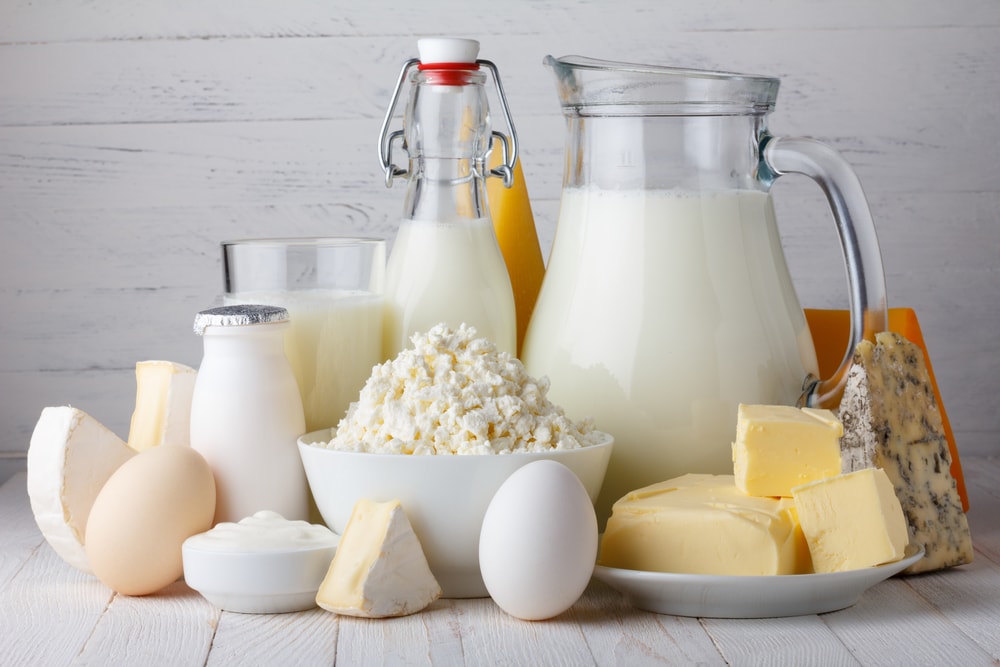
Dairy is one of the foods that should be avoided if you have pus or any other type of infection. This is because milk and milk products can lead to bacterial overgrowth in the digestive system.
The bacteria in the intestines will produce lactic acid, which can irritate the lining of the intestines.
This irritation can cause pain and cramping. Dairy products also contain lactose which may worsen symptoms in people with lactose intolerance as it could cause diarrhea and abdominal pain.
Some people experience worsening symptoms when they consume dairy products while they have a pus infection. One theory suggests that dairy products are not well tolerated by lactose intolerant individuals, which may lead to more mucus production.
It’s best to stay away from dairy products until your infection has gone away.
4. Chipped rice and all types of rice products
Rice has been known to have traces of pesticides, arsenic, and heavy metals that are toxic to the body. Rice also contains gluten which can increase inflammation in the gut and colon.
Gluten is found in many processed foods, and it’s important to read labels when buying anything with wheat, barley, or rye. If you cannot stay without rice, soak brown rice for at least 24 hours before cooking to wash away the toxins.
Remove all grains from your diet until you’re feeling better, then reintroduce them one at a time to see if they trigger symptoms. On the other hand, You can try Apple Sticks. It is very healthy food which give us vitamin C and control the sugar lable.
5. All Kinds of Salty Snacks
It is important to avoid salty snacks while you have a pus infection. Salty snacks will only make your symptoms worse, and they will also cause you to become dehydrated.
Stay away from these foods: chips, pretzels, popcorn, Cheetos, and other salty snacks that might be tempting to eat. Stick with clear liquids like water or chicken broth soup if you’re feeling up for it.
6. Fried and Deep-Fried Foods
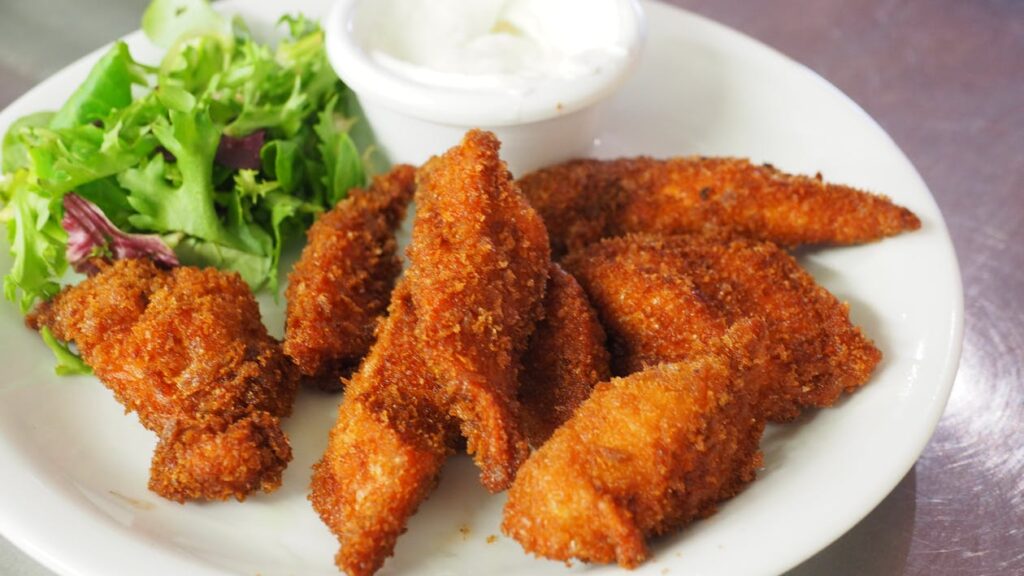
Some of the worst foods you can eat if you have a pus infection are those that are fried or deep-fried. These food items tend to be high in fat, which only worsens your infection.
Stay away from fast food restaurants and convenience stores, which are havens for unhealthy fried foods.
While you have an infection, foods like doughnuts and chips should also be avoided at all costs. The sooner you start eating healthier, the sooner your pus will heal and go away.
Besides this, dairy and fried items can hinder your weight goals. Always track your calories using Tdee calorie calculator to stay healthy and in line with your weight goals.
The three best things you can do right now are drink plenty of water, take some probiotics or other healthy bacteria supplements (if they’re not already in your multivitamin) and eat plenty of veggies to make up for any vitamins that might have been lost due to illness.
7. Alcoholic Beverages And Drugs
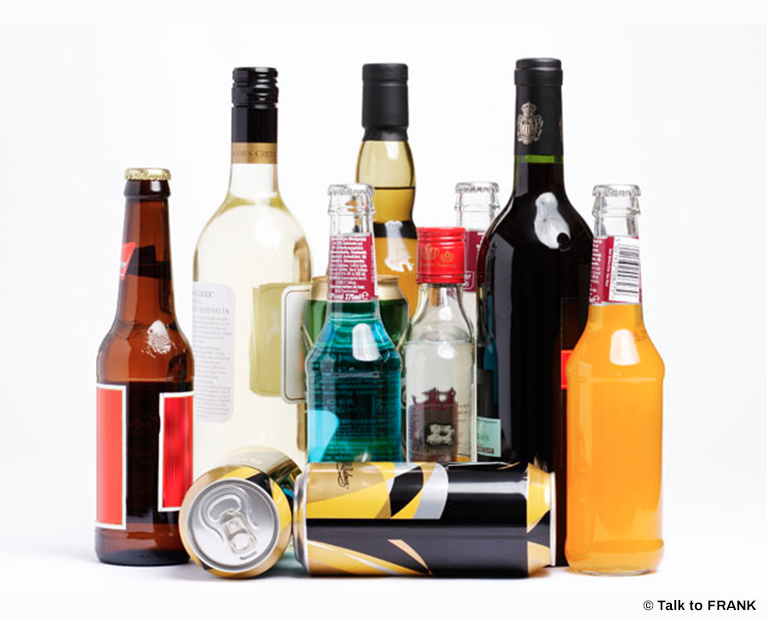
Alcoholic beverages and drugs should be avoided when you have a pus infection. Alcohol can exacerbate the symptoms of your infection, such as pain and discharge.
Drugs can cause body temperature to rise, increasing skin infection risk. The recommended amount of alcohol consumption is zero for those with pus infections.
Medications may also need to be adjusted depending on the drug type. For example, non-steroidal anti-inflammatory drugs are not typically prescribed to patients with active skin, urinary tract, or pus infections.
8. All stale food products.
It is important to avoid all foods that are stale, including bread, cakes, pies, and pastries. These products can contain mold or bacteria, which will worsen the inflammation in the throat or nasal passages.
They also contribute to congestion and swelling of the throat by clogging up airways. This makes it hard for you to breathe through your nose and will make you feel very congested.
It is important to avoid these products during a pus infection because they can make the symptoms worse for you as well as aggravate what you’re currently experiencing.
9. All types of leguminous food
Although legumes are a great source of protein, they can cause gas and bloat. These effects worsen when you are on antibiotics.
Legumes also stimulate the growth of H. pylori, which is a type of bacteria that causes stomach ulcers and increases the risk for stomach cancer.
Stay away from beans, chickpeas, lentils, and soy products like tofu or tempeh during your antibiotic treatment.
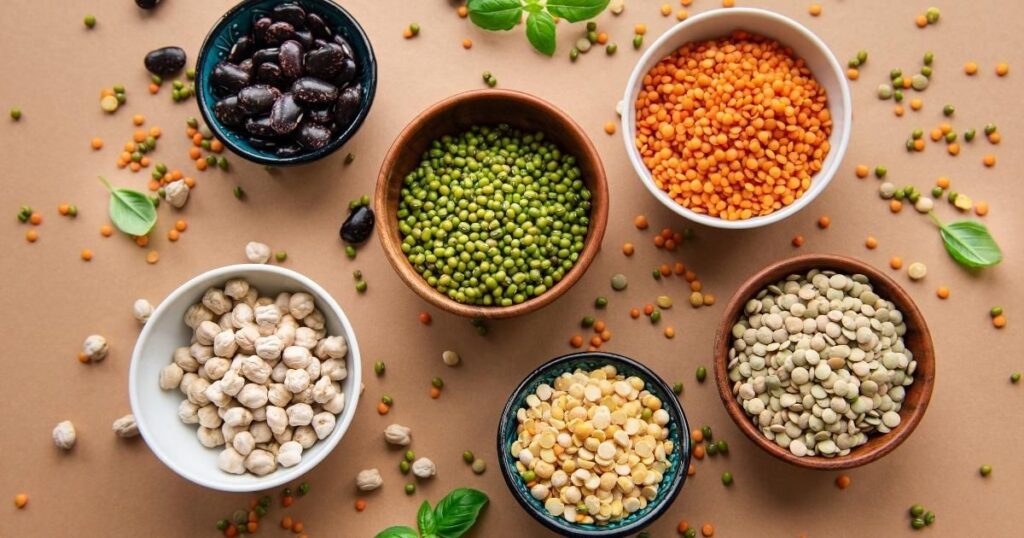
10. Fermented foods
Fermented foods are bad for anyone, but they’re especially harmful to people with pus infections. These foods can increase the number of bacteria in your system, which will worsen your infection.
Additionally, some fermented foods also contain alcohol, which is not good for you if you have an open wound. The following foods should be avoided at all costs if you have a pus infection:
- Yogurt
- Kimchi
- Kombucha Tea
- Fruit Juices
- Wine
- Beer
- Miso Soup
Of course, many other fermented foods may be consumed if you have a pus infection, but it’s always safest to avoid any of these foods if possible. It’s not just fermented foods that can make your infection worse.
11. Non-vegetarian food
Foods to avoid during a pus infection can be difficult to identify. In most cases, common sense will tell you what you should avoid eating.
If you are not sure of something that may be safe or unsafe, it is best to err on the side of caution and avoid it.
- Do not eat any raw or undercooked meat or fish;
- do not drink unpasteurized milk;
- do not eat food from street vendors;
- and if you’re unsure about an ingredient, don’t eat it.
One way to prevent a pus infection is by making sure you practice good hygiene while cooking your food.
12. Fried food
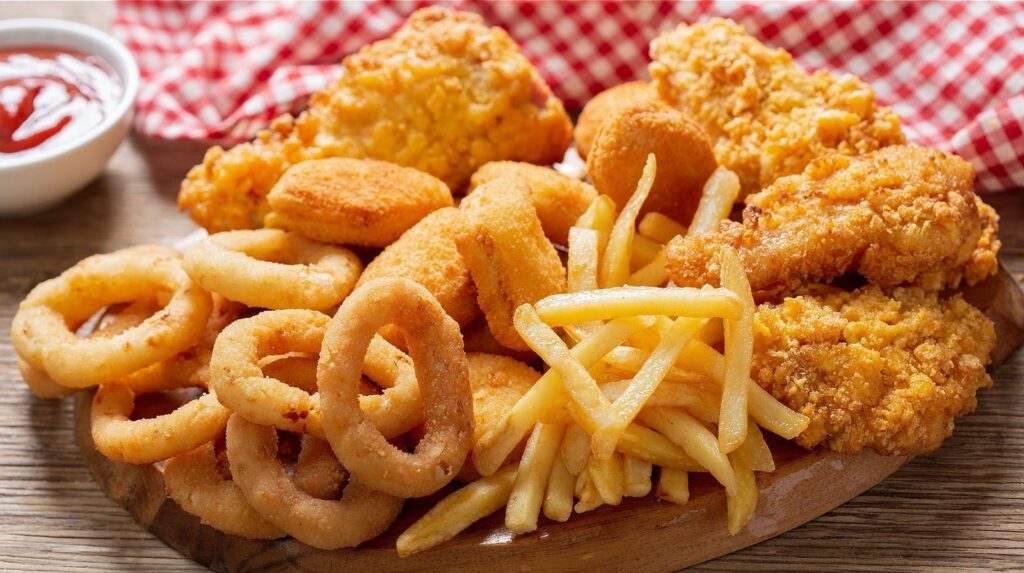
Eating fried food when you have a pus infection is not the best idea. In fact, it can make your symptoms worse.
For example, the high-fat levels in fried foods may slow down the healing process and lead to complications. Additionally, some oils used for frying can cause inflammation in your system, which will only worsen your symptoms.
The bottom line is that if you want to get better as soon as possible, avoid eating fried food while suffering from pus infection symptoms.
13. Sauce, Jam, Jelly, and pickles.
Most people know that food can be challenging to eat when you have a sore throat or mouth. But, it’s important to know what foods you should avoid if you have pus-filled lesions in your mouth, on the skin of your lips, or in your throat.
To avoid the risk of infection and further discomfort, avoid these foods:
- Sauces like ketchup, mayonnaise, and soy sauce
- Jams like grape jelly and fruit spreads
- Jellies like marmalade
- Pickles with vinegar like bread and dill pickles.
These foods are high in acid content which will irritate an open lesion. They also contain sugar, salt, or vinegar which can slow wound healing.
14. Brinjal and Tomato
Brinjal and tomato are two foods that should be avoided if you have a pus infection. It’s thought that these vegetables can cause inflammation in the skin, which can irritate the pus.
It’s best to avoid eating brinjal during this time because it can lead to more bacterial infections and heartburn.
Tomatoes should also be avoided because they might contain salmonella or listeria. Additionally, tomatoes are acidic, so that they could inflame the ulcers on your stomach lining.
Avocados, peppers, eggplant, and cucumbers should also be avoided for the same reason. When people with a pus infection eat any of these foods, it makes them feel worse instead of better.
Eating too much sugar is another thing that people with a pus infection shouldn’t do since sugar can increase bacteria levels in your body.
Fasting Can Boost Your Natural Healing System
You can do various things to help your body naturally heal from a pus infection, but fasting is one of the most effective. Fasting is just as it sounds; not eating any food for 24 hours or more.
Fasting helps the body fight infection by lowering blood sugar levels, increasing white blood cells, and improving metabolism. It also lowers inflammation in the body and gives your immune system time to rest and recover.
It’s best to start with shorter fasts that last between 12-18 hours at first before working up to 24-hour periods. It would be best if you also drank plenty of water during this time. When fasting, you should avoid foods high in sugar and fat because they will only worsen your symptoms.
Processed sugars should also be avoided, including table sugar and corn syrup. Some examples of other foods that you should avoid when fasting include dairy products, alcohol, greasy meats (including red meat), nuts, chips, and chocolate.
Fasting is an ancient practice dating back to biblical times. Jesus was quoted saying when ye fast, so there must have been many people practicing it back then.
Summary
Eating certain types of food when you have a pus infection can make it worse. Start by avoiding foods high in sugar and dairy. This includes milk, yogurt, cheese, ice cream, and chocolate. The same goes for any fruit juices or dried fruits that are high in sugar.
Cut back on the meat as well. It’s not just beef that can worsen your condition; chicken and pork can also contribute to worsening your symptoms. As for vegetables? Just be careful with what you eat because some vegetables may not agree with you right now.
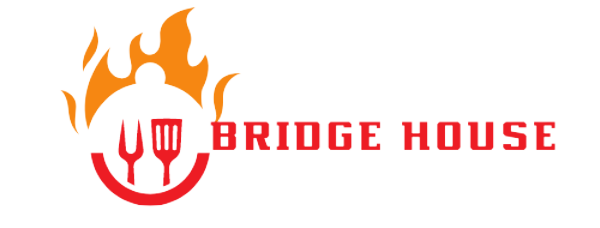
At Bridge House Tavern, we’re more than a team of food enthusiasts; we’re a culinary journey waiting to be savored. Our five-member crew is on a relentless quest to explore, create, and share the wonders of the gastronomic world.

